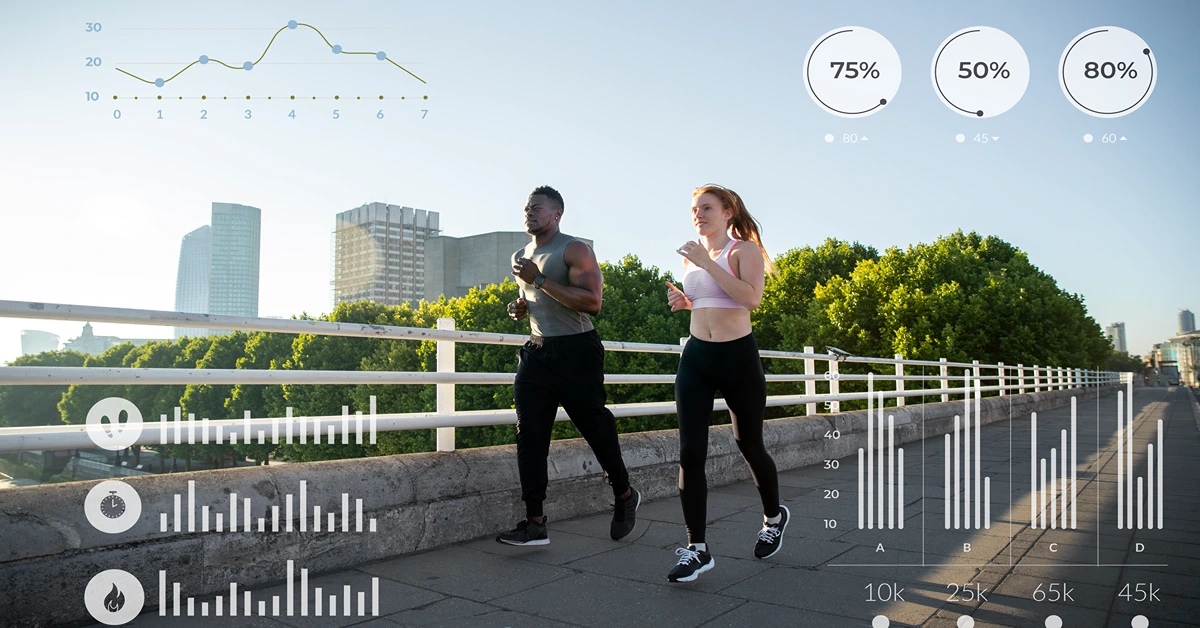It’s normal if you get nervous or anxious before an important presentation, or when going through stressful times. However you need to be cautious when you find that anxiety attacks become so frequent or forceful, that it begins to interfere with your work or family.
Many people do not realize that they suffer from anxiety disorder until they talk to their doctor. It is not easy to tell if your everyday habits like biting your own nails has crossed the line into a disorder. Anxiety comes in many different forms, such as phobia, panic attacks, and social anxiety, and the distinction between an official diagnosis and normal anxiety isn’t always clear.

The problem is there are too many people afraid to see a doctor and consult about the anxiety symptoms they experience. Going to a psychiatric is often seen that your mental health is severely damaged. In fact, anxiety disorder should be taken as seriously as heart attack.
Before you continue reading this article, please note that this list is not intended to cause you even more worry or feared. But if you experience these symptoms it is advised to see a doctor immediately, as anxiety disorder may interfere your professional and personal life.
Here are the symptoms of anxiety disorder that you must be aware of:
You feel full of dread
On most days you just can’t be shiny and happy. When you’ve got anxious, you just feel as if the worst thing (which you make up in your mind) is about to happen. Even if you have something good coming up (for example, a get-together with your college friends), you can’t stop focusing on how you will act in front of your old friends (since they will brag about their life but you think that you have nothing to brag about). Feeling completely joyous is a tough task for you.
You have muscle tension
According to Anxiety Centre, muscle tension is one of the most common anxiety symptoms. When you feel like your muscles are always tight or strained, sometimes to the point of frequent pain, or even persistent and ongoing pain that occurs with no apparent reason, it can be a sign of anxiety disorder.
You strive for perfectionism
At a glance, perfectionism may seem like a positive trait. There is nothing wrong about trying your best and fulfilling everybody’s expectation about you. However, according to American Psychological Association, in many researches perfectionism has been linked with depression, anxiety, eating disorders, and other mental health problems. Perfectionism is like a mirage that you will never reach, so trying to achieve it can make you anxious and exhaust you.
You have sleep problems

When you have anxiety, it may be hard to shut your brain down. This could be a common problem for many people; it could be something as easy as “I drank too much coffee before” or “I can’t wait to fly to my hometown tomorrow”. The difference is, it happens a lot, and pretty soon you begin fearing these sleepless nights. The quiet and inactivity of night often brings on stressful thoughts or even fears that keep a person awake, as cited from National Sleep Foundation.
You have trouble concentrating
In this age of smart phone, it can be difficult for many people to maintain concentration. But, when you feel that your mind “goes blank” even in the situation where you’re supposedly engaged to the moment (for example, when you’re talking to people), it is one possible sign of an anxiety disorder.
You experience shortness of breath
A lot of people experience a shortness of breath in the midst of anxiety attack. You feel lightheaded, your heart is pounding fast, and you feel impossible to breathe normally. The shortness of breath can come and go rarely and it does not depend on the situation you’re in. You may feel a shortness of breath once and a while and not that often, feel it off and on, or feel it all the time.
You exhibit avoidant behavior
Avoidant behavior refers to the practice of steering clear of certain situations to prevent feelings of anxiety. For example, because you know that tomorrow you’ll meet new people (and it means you have to socialize), you may avoid the situation by telling that you’re not feeling well and you have to stay at home.
You panic
Panic attacks happen when you feel a sudden feeling of fear and helplessness that can last for several minutes and accompanied by other symptoms like shortness of breath, sweating, weakness or dizziness, chest pain, and feeling hot or cold. Not everyone who has a panic attack has an anxiety disorder, but people who experience them repeatedly may be diagnosed with panic disorder.




